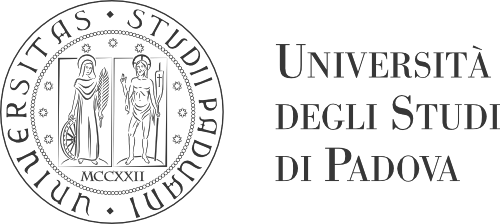Second Level Degree in Mathematics
Jump second level menu- Courses
- Timetable
- Exams
- Individual study program
- Student seminars
- Thesis
- Thesis Archive
- Graduation dates
- Contacts
INTRODUCTION TO STOCHASTIC PROCESSES - 8 CFU
From INTRODUCTION TO STOCHASTIC PROCESSES (SECOND CYCLE DEGREE Statistical Sciences)
Teacher
Marco Formentin
Scheduled Period
I Year - 2 Semester | 28/02/2022 - 11/06/2022
Hours: 64 (64 lezione)
Prerequisites
A basic course in Probability.
Target skills and knowledge
Good knowledge of the theory of the discrete time and continuous Markov models. Ability to solve advanced problems and exercises related to these processes.
Examination methods
Written examination with exercises for solution similar to those solved in class. Statements and proofs of relevant theorems may be also asked.
Assessment criteria
Student must be familiar with theory of Markov processes and be able to solve exercises of appropriate difficulty.
Course contents
Definition of Stochastic process. Probability and conditional expectation. Conditional independence.
Discrete-time Markov chains: basic definitions, transition matrix, Markov property, Random Walk and its properties. Recurrent, positive recurrent and transient chains. Potential matrix. Absorption probabilities, stopping times, strong Markov property, classification of the states, periodicity, invariant distributions, Ergodic theorem. Long-run behavior. Markov coupling. Monte Carlo Simulation: Metropolis-Hastings algorithm .
Poisson process: main properties and applications.
Continuous-time Markov chains: basic definitions, infinitesimal generator, Kolmogorov equations, invariant distributions. Competition theorem and graphical representation.
Applications.
Planned learning activities and teaching methods
Taught lessons: theory (34 hours) exercises (30 hours)
Additional notes about suggested reading
All the topics of the course will illustrated in class. Additional material (exercises and notes) will be available on Moodle.
Textbooks (and optional supplementary readings)
- Pierre Bremaud, Markov Chains, Gibbs Fields, Monte Carlo Simulation and queues, Springer, 1998
- John Robert Norris, Markov Chains, Cambridge, 1997

